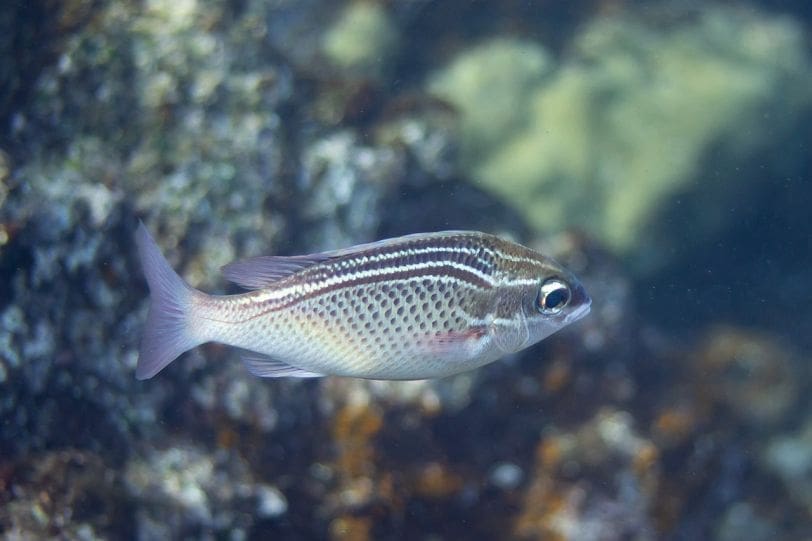Some fish species in the Arabian Gulf’s coral reefs are more resilient to climate change than previously thought, challenging key assumptions of the “shrinking fishes phenomenon”.
New York University Abu Dhabi (NYUAD) – A team of researchers have identified unexpected ways coral reef fish living in the warmest waters on earth, in the Arabian Gulf, have adapted to survive extreme temperatures.
Led by Co-Principal Investigator at The Mubadala Arabian Center for Climate and Environmental Sciences (ACCESS) at NYU Abu Dhabi John Burt and Associate Research Professor, Hawaii Institute of Marine Biology Jacob Johansen, the team discovered adaptations in both metabolism and swimming abilities that help fish survive the conditions of the Arabian Gulf.

Surprisingly, these fish did not follow leading theoretical predictions, which expected that the maximum size of fishes should be reduced due to limitations in metabolic oxygen-supply. Instead, these fishes demonstrated a capacity to maintain efficient oxygen supply to fuel performance even at elevated temperatures.
The warming of our oceans is anticipated to drastically affect marine life and the fishing industry, potentially upsetting entire ecosystems and economic structures reliant on these habitats.
Current scientific models predict that by 2050, coral reef fishes could shrink by 14-39 percent in size due to increasing temperatures under climate change. The study’s findings challenge the prevailing view that oxygen supply limitations in larger fishes are the main reason for smaller fish in warmer waters – the so-called “shrinking of fishes phenomenon.”
The species observed did not follow this pattern, suggesting that other factors are also at play. The study proposes a new theory that the decrease in fish sizes and their survival in increasingly warm oceans might be more closely related to an imbalance between how much energy fish species can obtain and how much they need to sustain themselves.
In the paper titled ‘Impacts of ocean warming on fish size reductions on the world’s hottest coral reefs’ published in the journal Nature Communications, the researchers compared two species of fishes, Lutjanus ehrenbergii and Scolopsis ghanam, surviving under the elevated temperatures within the Arabian Gulf to those of similar age living in the cooler, more benign conditions in the nearby Gulf of Oman.
Specifically, the researchers set out to determine what qualities reef fishes in the Arabian Gulf have that enable them to survive there, where typical summer water temperatures are comparable to worst-case ocean warming projections for many tropical coral reefs globally by 2100.
Journal Reference:
Jacob L. Johansen, Matthew D. Mitchell, Grace O. Vaughan, Daniel M. Ripley, Holly A. Shiels & John A. Burt, ‘Impacts of ocean warming on fish size reductions on the world’s hottest coral reefs’, Nature Communications 15, 5457 (2024). DOI: 10.1038/s41467-024-49459-8
Article Source:
Press Release/Material by New York University Abu Dhabi (NYUAD)
Featured image: Lutjanus ehrenbergii Credit: François Libert | Flickr | CC BY-NC-SA 2.0



